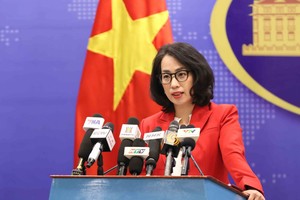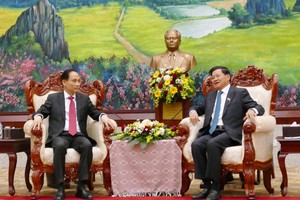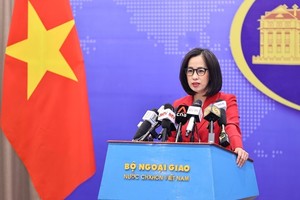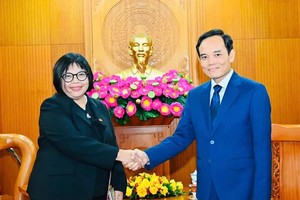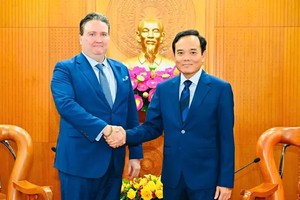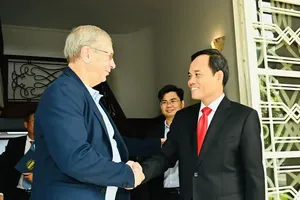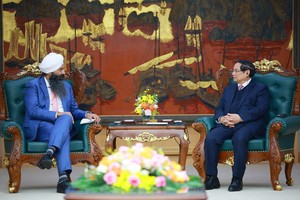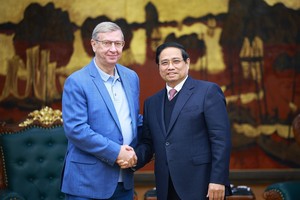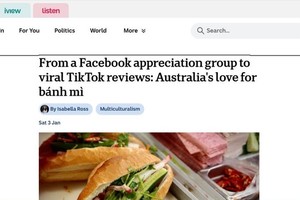China's president has expressed confidence in the euro, visiting French President Nicolas Sarkozy said on Thursday, as concerns intensify over the future of the 17-nation eurozone.
Sarkozy, on a brief stopover in China, also said the world's second largest economy had an "essential role" to play in efforts by the G20 to address the debt crisis that has caused stock markets around the world to plunge.
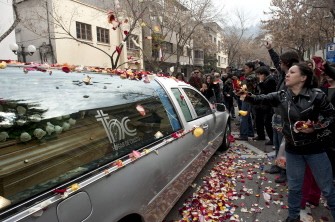
China has invested an increasing portion of its world-leading foreign exchange reserves in euro-denominated assets, and Sarkozy said President Hu Jintao was not worried about the European currency.
"President Hu is not worried by the situation in the eurozone. He told us he had confidence in the euro," Sarkozy told journalists after holding talks with Hu in Beijing.
"I indicated to President Hu that Germany, like France, is engaged without retreat in the defence of the euro."
France currently holds the rotating presidency of the Group of 20 forum of the world's 20 largest economies, which will meet in the coastal resort of Cannes in November.
"The G20 summit must... take decisions and participate in the revival of global growth. This is a major issue and China has an essential role to play," the French president told Hu on a brief stopover in Beijing with French Finance Minister Francois Baroin.
Sarkozy also said cooperation between France and China was "highly important to ensure the success of the Cannes summit," and for the "healthy development of the global economy" as the pair held talks in the Great Hall of the People.
"It is self-evident that as the world's second-largest economy and a monetary power China has a primary role to play," he added.
The French president is spending just five hours in Beijing, where he had a working dinner with Hu before delivering a statement to the media.
Sarkozy is facing an uphill struggle to win re-election next year in the face of a stuttering economy. In July, polls in France showed his approval rating flatlining at 34 percent.
Chinese leaders have repeatedly expressed confidence in eurozone economies during the debt crisis.
However in recent days China's state-run media has run critical coverage, this week comparing the current situation with the plague that hit the continent in the 14th century.
"The sovereign debt crisis, like the Black Death in the 14th century, has spread around eurozone countries, from Greece to Ireland, Portugal, Spain," said a comment piece in the overseas edition of the People's Daily on Monday.
The two presidents also agreed that the yuan should move towards greater convertibility, Sarkozy said.
China continues to maintain significant restrictions on its currency so that the yuan cannot be freely bought and sold around the world.
But Beijing has recently begun to loosen up its foreign exchange rules in the face of accusations from its major trading partners that it is artificially undervaluing the currency to fuel exports.
Sarkozy said he used the Hu talks to invite China to a meeting on Libya, where France has played a major role in support of the rebel opposition, but did not secure an acceptance.
"President Hu indicated he would consider this invitation in a welcoming spirit," Sarkozy said.
"You know that the Chinese were, shall we say, a little reserved over the question of intervention."
Sarkozy flew into China hours after meeting the prime minister of Libya's rebel National Transitional Council, Mahmud Jibril, as fighters in the capital Tripoli sought to deliver a knockout blow to Moamer Kadhafi's 42-year regime.
Beijing, which has invested billions of dollars in rail, oil and telecoms in Libya, opposed NATO airstrikes there and initially maintained a policy of non-interference and public neutrality on the conflict.
But it then shifted its position and started opening contacts with the rebels. After opposition forces in the war-torn North African country entered the capital Tripoli, Beijing said it "respects the Libyan people's choice".
It has urged the United Nations -- and not the Western powers that backed the opposition movement -- to lead the reconstruction effort in the oil-rich North African country, a position that France also adheres to.
On Syria, Sarkozy said the Chinese president "gave me the impression, despite everything, of a real worry over the change in the situation that we have, for our part, already condemned in a very clear way".
China on Tuesday urged all sides in Syria to avoid more violence after a crackdown on dissent that has cost more than 2,200 lives, but Beijing has drawn criticism for refusing to condemn President Bashar al-Assad's regime.
